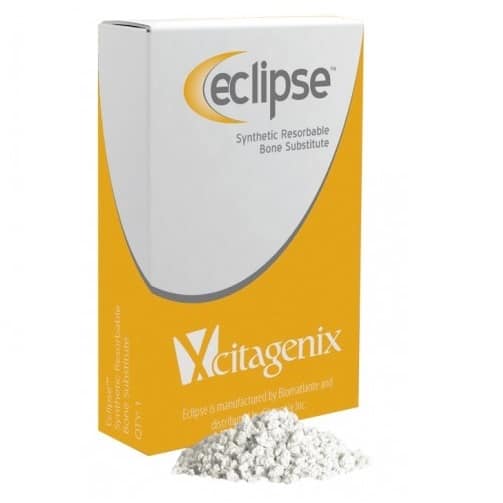Antibe Therapeutics is undervalued, Echelon analyst Loe says

 Antibe Therapeutics (Antibe Therapeutics Stock Quote, Chart, News TSXV:ATE) has had a turbulent couple of days of trading, but Echelon Wealth Partners analyst Douglas Loe thinks the market is getting the wrong message from recent clinical trial results.
Antibe Therapeutics (Antibe Therapeutics Stock Quote, Chart, News TSXV:ATE) has had a turbulent couple of days of trading, but Echelon Wealth Partners analyst Douglas Loe thinks the market is getting the wrong message from recent clinical trial results.
In an update to clients on Monday, Loe reiterated his “Speculative Buy” recommendation with a target of $1.40 per share, representing at press time a projected one-year return of 82 per cent.
Drug developer Antibe is in trials with its lead hydrogen sulfide-releasing naproxen analog pain med ATB-346, which has been shown to have a more favourable safety profile than naproxen with respect to gastroduodenal ulcers.
Antibe reported on Monday final efficacy data for its 385-patient Phase II two-week placebo-controlled knee osteoarthritis pain data for ATB-346. The company said the trial met its primary endpoint with both the 250 mg and 200 mg doses demonstrating superiority to placebo in reducing osteoarthritis pain with a high level of statistical significance, according to Antibe.
“The success of this study is a worthy complement to the GI safety results already in hand,” wrote Dan Legault, Antibe’s CEO. “With the extensive learning that these Phase 2 studies have provided, we have a clear path forward including an opportunity to lower the dose further. Through an adaptive registration trial we can maintain our clinical and
commercial timelines, and focus on large market partnering.”
But the market has so far been unpersuaded by the news, it seems, as the stock momentarily rose on Monday only to end up lower by closing time. Part of the problem may have to do with more cautionary data on the trial which revealed post-dosing liver toxicity rates which were clinically significant, according to Antibe, and one which appears to put ATB-346 in the same realm of liver safety as commonly prescribed
NSAIDs.

Loe’s take, however, is seemingly much more positive on the data. The analyst argued that clinical results so far have made it “abundantly clear” that ATB-346 delivers measurable pain relief; that the drug is “absolutely safe” with respect to its gastroduodenal ulceration rate (in contrast to other NSAIDs’ chronic use); that the liver toxicity may not be an issue, as it was recorded well after ATB-346 dosing and during a time when patients may have used other pain therapies such as acetaminophen, which has gastro impacts; and that further trials will likely involve lower doses of ATB-346 and thus will likely produce even better safety profiles.
“That adds up to far more positive insights from new Phase II data than negative insights, at least in our view, and we are sustaining our positive view on ATB-346 and on Antibe’s hydrogen sulfide-releasing thiobenzamide conjugation chemistry that makes ATB-346 possible,” Loe wrote.
Looking ahead, the analyst said he is encouraged to hear that Antibe is working on next steps in trialling ATB-346, with a Phase II/III 12-week FDA-endorsed trial registration “currently being contemplated,” according to Loe.
“In a choppy capital market, we are not surprised that investors are more laser-focused on reasons to not own ATE than to own it, but in this case we respectfully disagree with market assessment that today’s Phase II update implied that ATE is 15 per cent less valuable today (or at least as of this writing) than it was three days ago before new Phase II knee osteoarthritis pain data were available,” Loe wrote.



